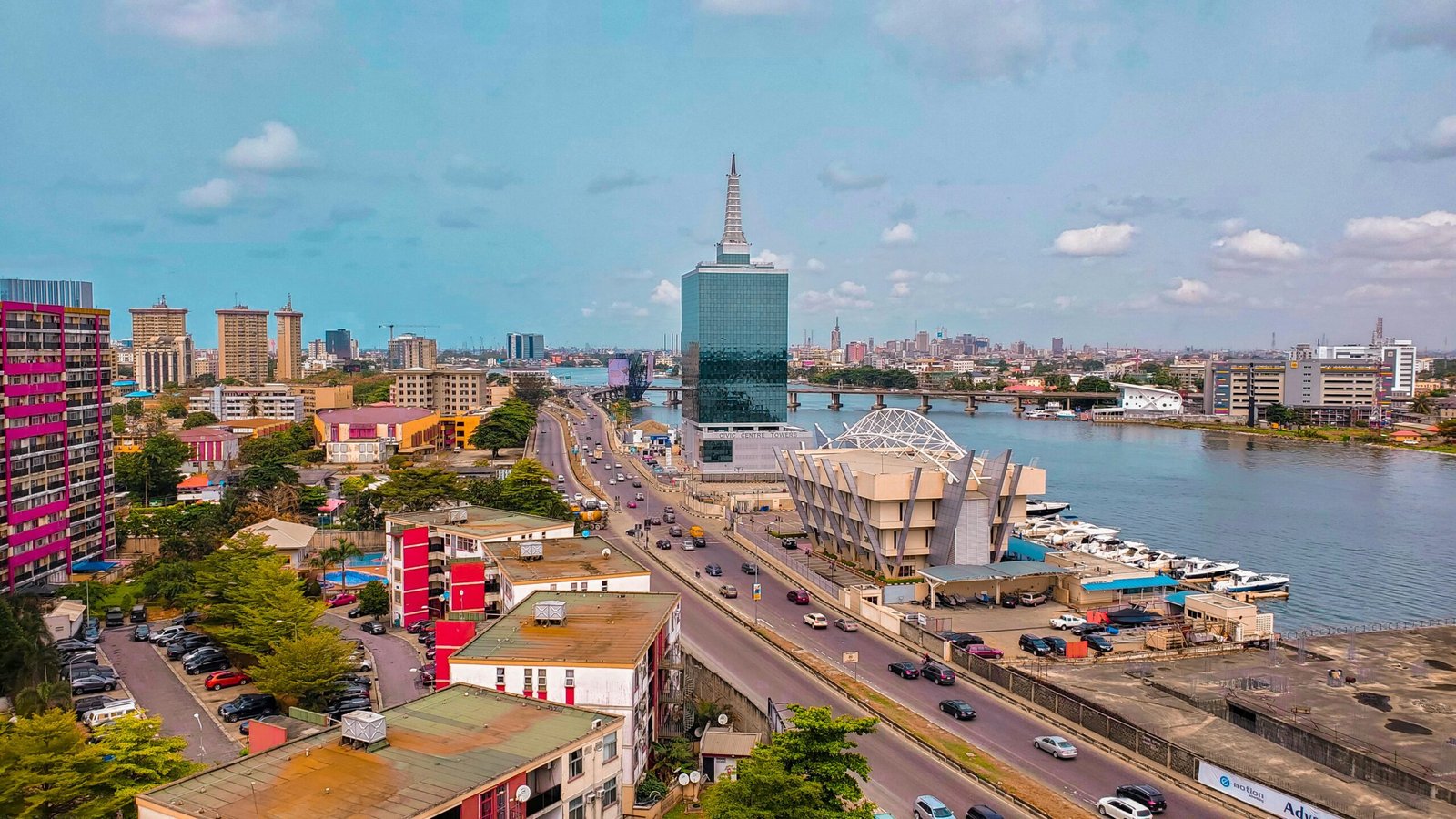Introduction
Welcome to Nigeria, a vibrant and diverse country located in West Africa. With its rich cultural heritage, breathtaking landscapes, and warm hospitality, Nigeria offers a unique experience for visitors from around the world. This guide will provide you with all the essential information you need to know about Nigeria, including its location, surface area, climate, fauna and flora, attractions, population, currency, visa requirements, official languages, culture and customs, hospitality, main cities, airports and airlines, and more.
Location and Surface Area
Nigeria is situated on the Gulf of Guinea in West Africa. It shares borders with Benin to the west, Niger to the north, Chad to the northeast, and Cameroon to the east. With a total surface area of approximately 923,768 square kilometers, Nigeria is the 32nd largest country in the world.
Climate
Nigeria has a tropical climate, characterized by two distinct seasons: the dry season and the rainy season. The dry season usually lasts from November to March, while the rainy season occurs between April and October. The country experiences varying temperatures throughout the year, ranging from hot and humid in the south to dry and arid in the north.
Fauna and Flora
Nigeria boasts a diverse range of flora and fauna, with its national parks and reserves serving as havens for wildlife conservation. From elephants and lions to chimpanzees and rare bird species, Nigeria’s wildlife is a sight to behold. The country is also home to lush rainforests, savannahs, and mangrove swamps, offering a stunning natural landscape.
Attractions
There are numerous attractions to explore in Nigeria. From the bustling city of Lagos, with its vibrant markets and cultural landmarks, to the historic city of Calabar, known for its colonial architecture and annual carnival, Nigeria has something for everyone. Other must-visit destinations include the Olumo Rock in Abeokuta, the Idanre Hills in Ondo State, and the Yankari National Park in Bauchi State.
Population
Nigeria is the most populous country in Africa, with an estimated population of over 200 million people. The country is home to a diverse range of ethnic groups, each with its own unique traditions and customs. The largest ethnic groups include the Hausa, Yoruba, and Igbo.
Currency
The official currency of Nigeria is the Nigerian Naira (NGN). It is advisable to exchange your currency for Naira upon arrival, as it is widely accepted throughout the country. ATMs are also available in major cities for convenient cash withdrawals.
Visa Requirements
Visitors to Nigeria are required to obtain a visa before their arrival. It is recommended to check with the nearest Nigerian embassy or consulate in your country for specific visa requirements and application procedures. The visa application process usually involves submitting a completed application form, a valid passport, proof of accommodation, and a return ticket.
Official Languages
Nigeria is a linguistically diverse country with over 500 languages spoken. However, English is the official language and serves as the lingua franca for communication across different ethnic groups and regions. You will find that most Nigerians are fluent in English, making it easy to navigate and interact during your visit.
Culture and Customs
Nigerian culture is a blend of various traditions, reflecting the country’s diverse ethnic makeup. From music and dance to art and cuisine, Nigeria offers a rich cultural experience. Traditional festivals, such as the Durbar festival in Kano and the New Yam festival in the eastern region, provide a glimpse into the vibrant cultural heritage of the country.
Hospitality
Nigerians are known for their warm hospitality and friendly nature. Visitors to Nigeria can expect to be greeted with open arms and treated with respect and kindness. The locals are always willing to assist and guide you during your stay, making your experience in Nigeria memorable and enjoyable.
Main Cities
Nigeria is home to several major cities, each with its own unique charm and attractions. Lagos, the commercial capital, offers a bustling urban experience with its vibrant markets, nightlife, and cultural landmarks. Abuja, the capital city, showcases modern architecture and serves as the political hub of the country. Other notable cities include Kano, Port Harcourt, Ibadan, and Enugu.
Airports and Airlines
Nigeria has several international airports that connect the country to major cities around the world. Murtala Muhammed International Airport in Lagos and Nnamdi Azikiwe International Airport in Abuja are the busiest airports in Nigeria. Major international airlines, such as British Airways, Emirates, and Ethiopian Airlines, operate regular flights to and from Nigeria.
Conclusion
Whether you are visiting Nigeria for tourism, business, study, or work, this diverse and culturally rich country has much to offer. From its stunning natural landscapes and wildlife to its warm hospitality and vibrant cities, Nigeria is an unforgettable destination. Plan your trip, immerse yourself in the local culture, and get ready to create lasting memories in this dynamic African nation.

